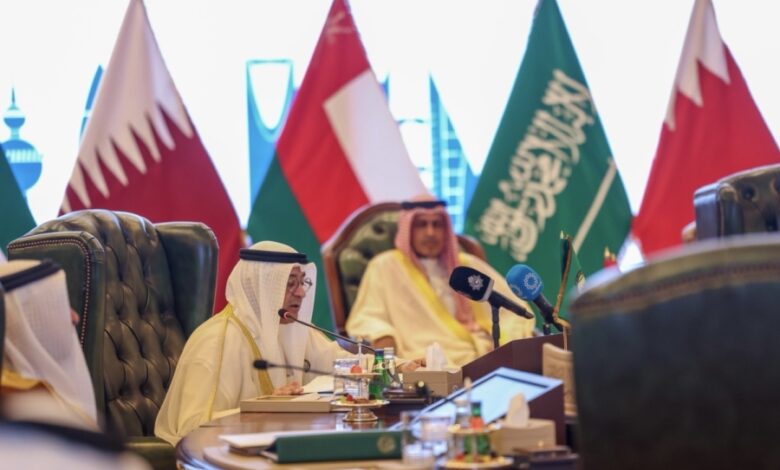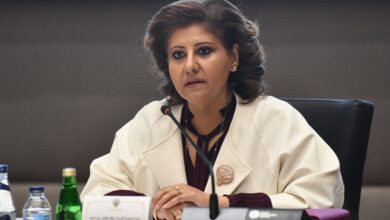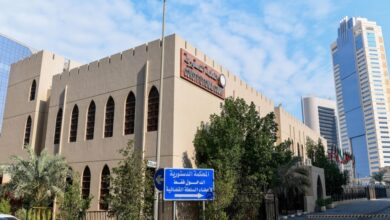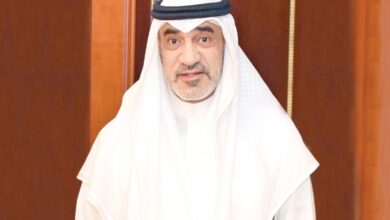GCC Interior Ministers approve first phase of ‘One-Stop’ travel system
Al-Budaiwi reaffirms the commitment of GCC General Secretariat to continuing its efforts to implement the directives and decisions of the interior ministers to further strengthen the joint Gulf security cooperation.

The Secretary-General of the Gulf Cooperation Council (GCC), Jassim Al-Budaiwi, announced that the interior ministers of the GCC countries have approved the first phase of the “one-stop” travel system, which enables Gulf citizens to complete all travel procedures from a single checkpoint without the need to pass through multiple inspections.
In a statement to Kuwait News Agency (KUNA) and Al-Akhbar Channel on the sidelines of the 42nd GCC Interior Ministers’ Meeting, held on Wednesday at Bayan Palace, Al-Budaiwi explained that the new system will be piloted between Bahrain and the UAE through air travel starting in December.
The results of this trial will then be evaluated before extending the system to other member states once all necessary measures are in place.
Al-Budaiwi noted that one of the most prominent outcomes of the meeting was the Gulf Security Strategy to Combat Money Laundering Crimes (2026–2030), alongside progress on developing interconnected traffic violation systems among GCC countries.
The ministers also agreed to hold a mobilization training exercise in Qatar next February and to organize the first Gulf Security Conference in Abu Dhabi in 2027.
He emphasized that the meeting reflected strong security coordination among GCC interior ministries, aimed at enhancing cooperation and building unified frameworks for regional security.
During his speech, Al-Budaiwi highlighted that the GCC countries now hold a prominent regional and international standing, attracting visitors, investors, and residents — a testament to the region’s security, stability, and ongoing commitment to maintaining it.
He reviewed several recommendations discussed by the undersecretaries of interior ministries ahead of the ministerial session, including the Gulf Strategy to Combat Money Laundering (2026–2030), the Gulf Cybercrime and Artificial Intelligence Strategy Workshop in cooperation with the United Nations Office on Drugs and Crime (UNODC), and the Gulf Strategy to Combat Extremism (2026).
Al-Budaiwi praised the directives of the GCC interior ministers and their continuous efforts that have led to significant joint security achievements in line with the vision of GCC leaders and the aspirations of Gulf citizens.
He also pointed to major milestones such as the Gulf Strategy for Combating Drugs (2025–2028) and substantial progress in linking traffic violation systems across member states.
The Secretary-General expressed his gratitude to His Highness the Amir of Kuwait, Sheikh Mishal Al-Ahmad Al-Jaber Al-Sabah, for Kuwait’s effective leadership of the current GCC session, and to the First Deputy Prime Minister and Minister of Interior, Sheikh Fahad Yousef Saud Al-Sabah, for his efforts in chairing the interior ministers’ meeting and ensuring its success.
Al-Budaiwi reaffirmed the GCC General Secretariat’s commitment to continuing its efforts to implement the directives and decisions of the interior ministers, aimed at further strengthening joint Gulf security cooperation.












